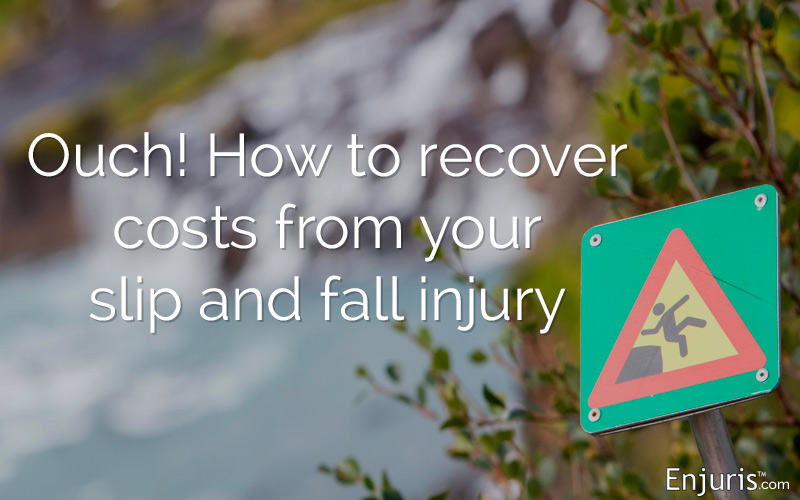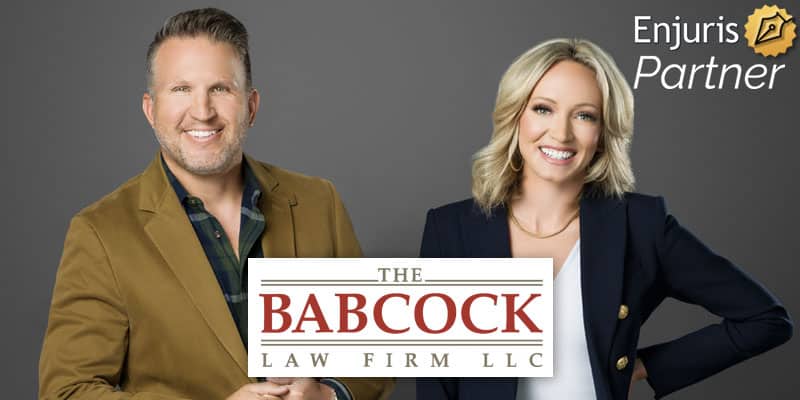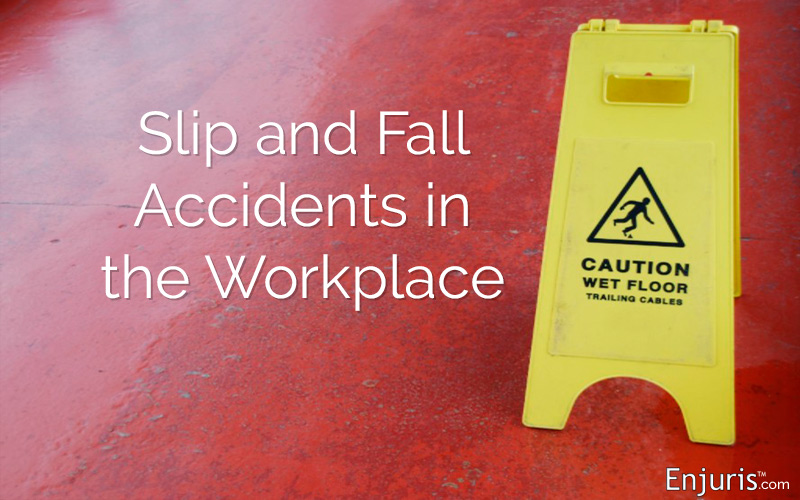What you need to know if you're in a premises liability accident in Colorado
Premises liability is a special form of negligence that holds landowners responsible for injuries to others on their property.
Colorado, like other states, has rules regarding premises liability and has its own constantly-evolving property negligence statutes that have changed throughout the years. However, to properly understand them, we should take a look at the basics of property liability.
Premises liability basics
Property liability can take many forms: slip and falls, dog bites, drowning in a pool, falling from a rotted porch and basically anything else you can think of. If it can happen on commercial or residential property, then you can sue for it.
Whoever owns that land is responsible for injuries that visitors suffer – to a degree, of course, and subject to circumstance.
Colorado played around with various standards of review during their tort reform days, but they ultimately settled on creating the Premises Liability Statute (PLA), which divides visitors into licensees, invitees and trespassers, each with its own duty of care owed.
- Licensee: A licensee is a person who's on the property for specific personal reasons. They're usually invited by the owner, like a social guest.
- Invitee: An invitee is invited to be on the property, usually for business reasons. For example, a customer of a business is an invitee, as is a contractor who works on a project in your home.
- Trespasser: A trespasser is a person who's on the property without the owner's permission or knowledge.
An easy way to remember the difference between a licensee and an invitee is that a licensee is there for fun, an invitee is there for work (or for some transaction that benefits the property owner).
A property owner owes a duty of care to a licensee and an invitee. Therefore, you're expected to maintain the property so it's free from dangerous conditions that could lead to a foreseeable injury. You're also expected to provide a warning if there's a hazardous condition.
You're not required to maintain a property that's free of hazards for a trespasser, nor are you required to provide a warning (if you didn't know they were going to be there, you wouldn't be expected to warn). But, there's a “discovered trespasser rule” that if you become aware of a trespasser, you then owe them a duty of reasonable care.
Courts use "reasonableness" to determine whether a person is a licensee or invitee. Reasonableness is based on how the average person would handle a particular situation. In other words, the court looks at the evidence the way an average person would in a similar circumstance.
By that standard, a judge or jury can evaluate these factors to determine whether an injured visitor is a licensee or invitee:
- How the visitor is using the property
- Whether the accident was foreseeable (or could've been predicted or anticipated by the property owner)
- Why the visitor was on the property
- Whether the owner made a reasonable effort to warn the visitor of a dangerous condition
Tweet this
How premises liability law is different in Colorado
This distinction was so important in Colorado that they brought it back in 1990 after using common law and codified it as the PLA. It allowed the courts to determine what standard of care to place on each plaintiff and streamlined the process.
However, when they brought back that rule, the Supreme Court of Colorado also broadened some interpretations that make their state very different from others. Before talking about that, however, we’ll discuss what licensees, trespassers and invitees can recover under Colorado law.
These days it’s up to a judge to make a careful distinction and choose what statutory classification the plaintiff actually falls under after reviewing the facts of the case.
Once that classification has been determined, the statute says that:
- A trespasser can only recover damages willfully or deliberately caused by the property owner;
- A licensee can only recover for damages caused:
- By the property owner’s failure to use reasonable care regarding the dangers created on the property that he knew about, or
- The landowner’s unreasonable failure to warn of those dangers that he didn’t create and that are not ordinarily present on the property;
- An invitee can only recover for damages caused by the landowner’s failure to use reasonable care to protect against dangers that he actually knew of or should have known about.
This makes it much harder for individuals to recover if they are labeled as a trespasser or a licensee – how do you prove what the property owner knew or didn’t know? It benefits the defendant to have the plaintiff classified as anything but an invitee because the standard of duty owed is much higher.
Premises liability expanded
Sometimes premises liability doesn’t even stop at the premises. When a Colorado court case asked if the Premises Liability Statute related only to actions directly or inherently to the land, the court answered no.
The PLA can be applied to any kind of activity or circumstance on a landowner’s property that he is liable for in his capacity as a landowner. This means that every case has to be examined separately on a case-by-case inquiry, and two questions need to be asked:
- Did the plaintiff’s alleged injury occur while on the property owner’s land?
- Did the alleged injury happen because of the property’s condition or as a result of activities conducted on the property or circumstances existing on the property?
Basically, the PLA includes activities that tie into being a landowner. If it’s something created because of or happening because of being a landowner, then it’s likely a premises liability claim. Colorado clearly holds a much broader definition of premises liability than other states.
A Colorado personal injury attorney would be the way to go if you need to file a premises liability claim, since they can easily become very complicated. If you’ve been in a slip and fall or some other premises liability case, consider taking a look through the Enjuris Colorado law firm directory for help!
Authorized individuals
While other aspects of the premises liability statute are comparable to the rest of the country, things get dicey when it comes to “authorized individuals” such as property agents.
The PLA provides that property owners are potentially liable for injuries that occur on their land. That sounds normal, right?
But then we see it in action, which is where it becomes more interesting – let’s say you’re a property manager handling a ski resort in Denver. Things are going great when suddenly there’s an avalanche of snow that buries the resort.
Well, you’re just the property manager! You’re not on the hook, right? Wrong. In Colorado, an authorized agent is legally responsible for the condition of real property or for the activities conducted on real property. A property manager is an authorized agent. So, start digging.
This broad reach doesn’t end with property managers. Even vendors can fall under the PLA’s arm. A snow removal vendor who doesn’t remove a sheet of ice from a parking lot would be liable under this statute, for example.

Questions to Ask When Establishing Fault From a Slip and Fall Accident
Accidents happen, and sometimes they're unavoidable. But other times, they're the result of someone's negligence. Wet floor? Leaky ceiling? Broken tiles? Loose rug? If someone responsible for the property should have known that it was dangerous, they're liable for your injuries. Read more

















